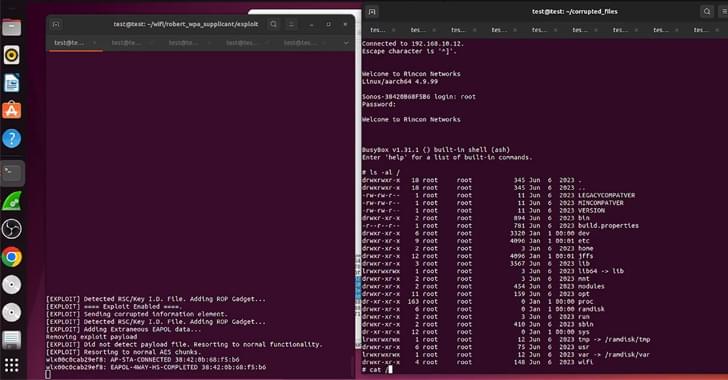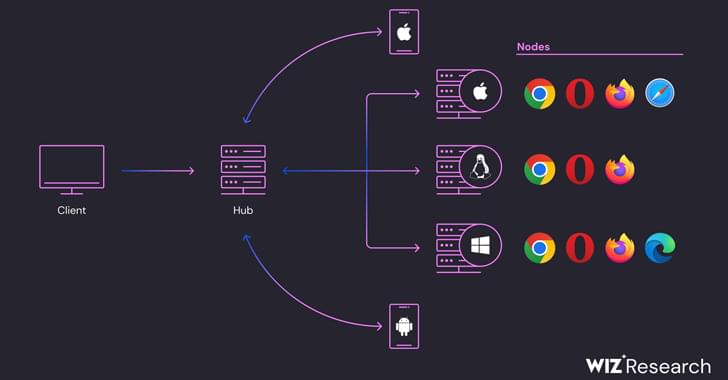Link to newsletter:
Dear Subscribers, please see the latest Security & tech Insights newsletter covering emerging issues, trends and potential solutions in the world of cybersecurity. Thanks for reading and stay safe! Best, Chuck Brooks PS checkout my new book on Amazon: Inside Cyber: How AI, 5G, and Quantum Computing Will Transform Privacy and Our Security Amazon.com : Inside Cyber: How AI, 5G, and Quantum Computing Will Transform Privacy and Our Security: 9781394254941: Brooks, Chuck: Books.









